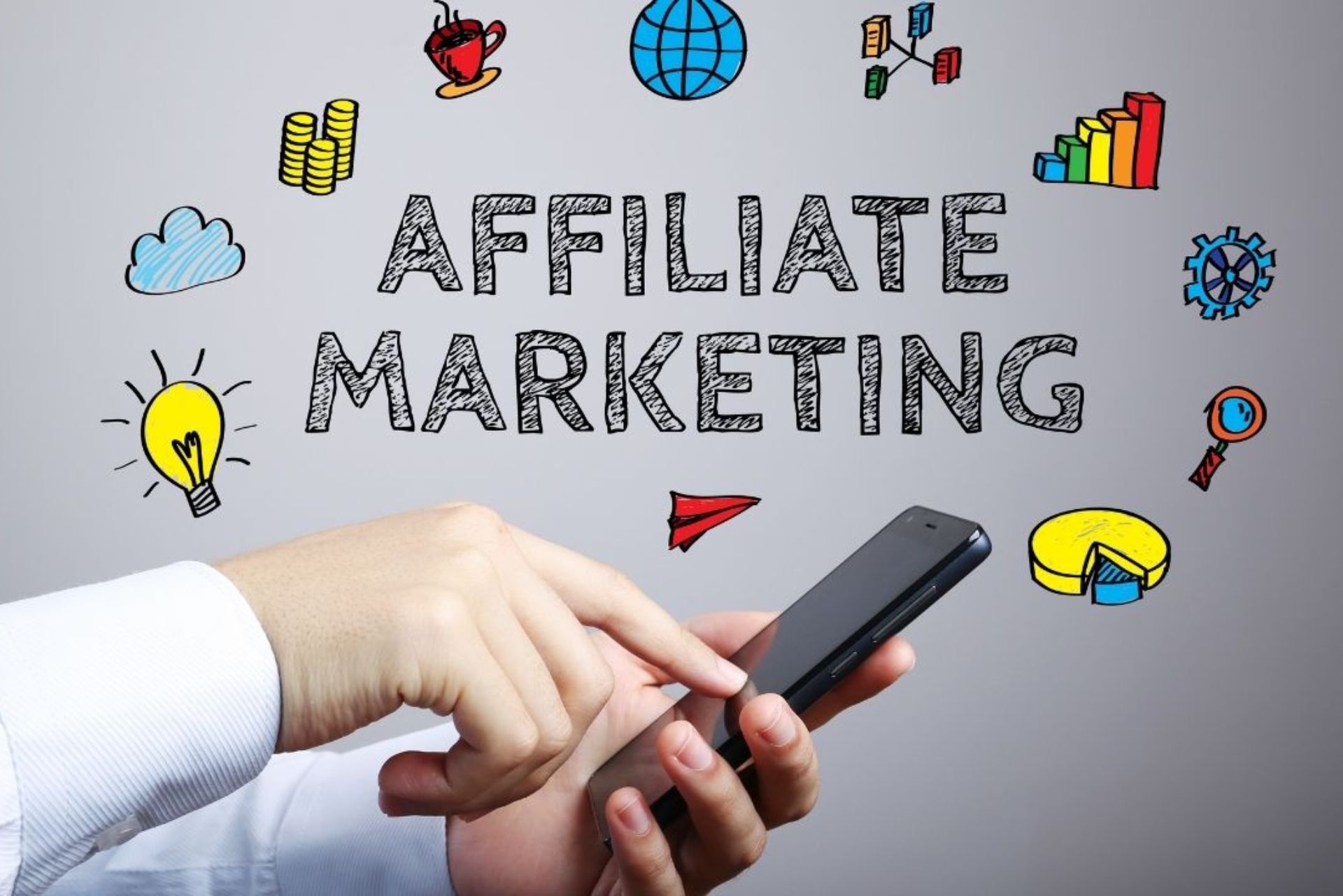#1 Affiliate Marketing Course with Certification
Classroom Training | Live Online Session
Learn the technique of Affiliate Marketing to maximize your effort on your copies and finally amplify your marketing skills with this Online & Offline Affiliate Marketing course.

1-on-1
Mentoring Sessions
Beginner
Course Level
Flexible Per Course
Timing
1000+
Students Trained
Affiliate Marketing Course Details
Industry-Relevant Curriculum
1:1 Mentoring Session with Expert Trainers
No Prior Experience/Knowledge required
Access to LMS
Dedicated Q&A Support & Doubt Solving Sessions
Practice Tests & Assignments
Get Brochure Now !
What Our Students Say
 “I enrolled for ProiDeators SEO, Social Media short-term certification courses. I am satisfied with this course and teaching. Also, I got all certificates from there for SEO & Social Media. I would totally recommend going for these short-term certification courses.”
“I enrolled for ProiDeators SEO, Social Media short-term certification courses. I am satisfied with this course and teaching. Also, I got all certificates from there for SEO & Social Media. I would totally recommend going for these short-term certification courses.”
– Pooja Yadav
Student of SEO & Social Media
 “Best short term course for Website Development & Google Analytics. Excellent institute for practical knowledge. It gives you quality as it promises. Specially the teachers are very good who teach with examples that make it easy to understand.” Best Digital Marketing Courses Institute.
“Best short term course for Website Development & Google Analytics. Excellent institute for practical knowledge. It gives you quality as it promises. Specially the teachers are very good who teach with examples that make it easy to understand.” Best Digital Marketing Courses Institute.
– Pratik Shirore
Student of Masters in Digital Marketing, India
Affiliate Marketing in Digital Marketing Training Courses at Thane, Mumbai – India
Affiliate marketing is a performance-based marketing strategy where individuals or entities (affiliates) earn a commission by promoting and driving sales or leads to another company’s products or services. It is a collaborative arrangement between a merchant or advertiser and affiliates who act as marketers. It can be conducted online and offline both. For online affiliation person need to get register with the particular portal and understand their terms and conditions. Once the registration process is complete you can start using affiliate strategy to promote their products and services. The affiliate marketers will get paid only when the third part product or services get sold out and deals is cracked.
Here’s how affiliate marketing typically works:
Merchant/Advertiser: The merchant or advertiser is the company or individual that owns the product or service being promoted. They establish an affiliate program to incentivize affiliates to promote their offerings. Merchants can range from e-commerce stores to online service providers or even individuals with digital products.
Affiliates: Affiliates are individuals or entities that sign up for the affiliate program and promote the merchant’s products or services. Affiliates can be bloggers, influencers, website owners, social media users, or any person or entity with an online presence and an audience.
Affiliate Networks: Affiliate networks act as intermediaries, connecting merchants with potential affiliates. These networks provide a platform for merchants to manage their affiliate programs and offer a pool of affiliates for them to choose from. If you have strong networks, groups or communities then promotions becomes easy and effortless to advertise the product and services.
Promotion and Tracking: Once an affiliate joins an affiliate program, they receive unique affiliate links or codes to track their promotional efforts. Affiliates incorporate these links in their marketing channels, such as their websites, blogs, social media posts, email newsletters, or paid advertisements. When a user clicks on the affiliate link and makes a purchase or performs a specified action (lead generation, sign-up, etc.), the affiliate network or tracking system records the transaction and attributes it to the respective affiliate.
Commission and Payouts: Affiliates earn a commission for each successful referral or action. The commission structure varies depending on the affiliate program and can be a percentage of the sale value, a fixed amount per sale, or a flat fee for lead generation. Payouts are typically made on a predetermined schedule, such as monthly, and can be processed through various methods, including bank transfers, PayPal, or other payment platforms.
Affiliate marketing offers benefits for all parties involved:
• Merchants benefit from increased brand exposure, wider reach, and potentially lower marketing costs, as they only pay for results.
• Consumers benefit from access to valuable product recommendations, discounts, or special offers through affiliate channels.
• Transparency, trust, and compliance with legal and ethical guidelines are essential in affiliate marketing. It is crucial for affiliates to disclose their affiliate relationships and ensure that their promotions are honest and authentic.• Affiliate marketing has become a popular and effective digital marketing strategy, allowing businesses to leverage the influence and reach of affiliates to drive sales and leads. However this is the most demanded style of marketing which can be learned and earned at the same time.
